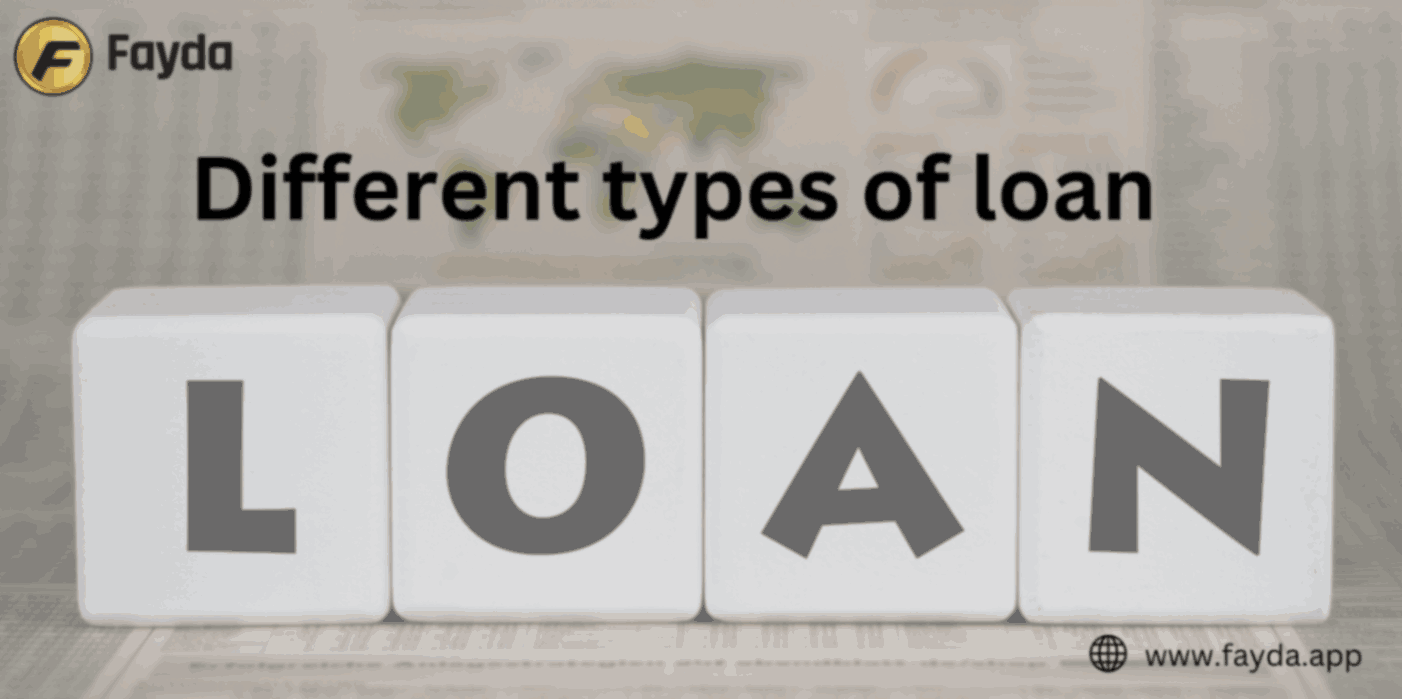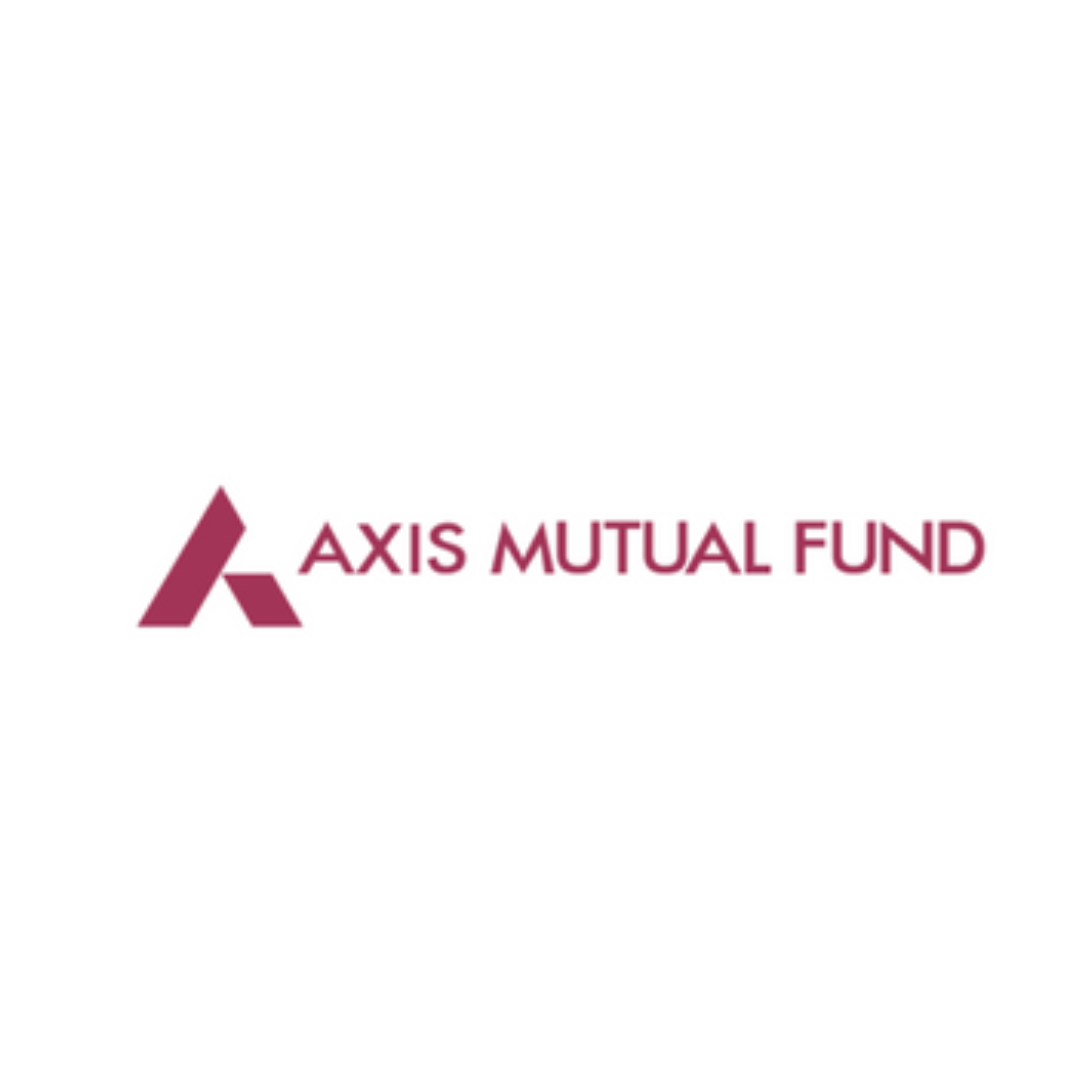Sep

Different types of loan
Types Of Loan
Loans play a crucial role in our financial lives, helping us achieve various goals and overcome financial challenges. Whether you want to buy a home, start a business, pay for education, or deal with unexpected expenses, there's likely a loan that suits your needs. In this guide, we'll explore the different types of loans available to borrowers in simple and easy-to-understand language.
Personal Loans
Personal loans are versatile loans that can be used for various purposes. They are unsecured, meaning you don't need to provide collateral, such as your house or car, to secure the loan. Personal loans typically have fixed interest rates, making it easier to budget for repayment. They can be used for:
Unsecured Personal Loans: These are the most common type of personal loans. They are not backed by collateral, such as a house or car, meaning you don't have to risk your assets to qualify. Interest rates for unsecured personal loans are generally higher compared to secured loans, as they carry more risk for the lender.
Secured Personal Loans: Unlike unsecured loans, secured personal loans require collateral, like a vehicle or savings account. Because the lender has a form of security, interest rates for secured loans are often lower, and borrowers may qualify for higher loan amounts.
Debt Consolidation Loans: These loans are specifically designed to consolidate multiple high-interest debts, such as credit card balances or medical bills, into a single, more manageable loan. Debt consolidation loans can simplify your finances and potentially reduce your overall interest costs.
Emergency Loans: Also known as crisis loans or hardship loans, these are designed to provide quick cash in times of urgent financial need, such as unexpected medical expenses or car repairs. They often have faster approval processes but may come with higher interest rates.
Medical Loans: These loans are meant to cover medical expenses, including elective surgeries, dental work, or other healthcare costs not covered by insurance. Medical loans can offer special financing options and competitive interest rates for medical procedures.
Vacation Loans: If you want to take a dream vacation but don't have the cash on hand, vacation loans can help you finance your travel plans. These loans allow you to spread the cost of your trip over time.
Home Improvement Loans: Home improvement loans are used to fund renovations or upgrades to your home. They can be a great option for homeowners looking to increase the value of their property.
Wedding Loans: Planning a wedding can be expensive, and wedding loans are designed to help cover the costs of your special day. These loans often come with flexible repayment terms.
Education Loans: While student loans are specifically for educational expenses, personal loans can also be used to cover the cost of tuition, books, or other educational needs. However, be aware that personal loans may have higher interest rates compared to federal student loans.
Specialized Loans: Some lenders offer specialized personal loans for unique purposes, such as loans for cosmetic surgery, adoption, or even pet care. These loans cater to specific needs and may come with tailored terms.
Auto Loans
Auto loans are specifically designed to finance the purchase of a vehicle, whether it's a car, truck, or motorcycle. These loans may have fixed or variable interest rates and can be obtained from banks, credit unions, or auto dealerships. The vehicle itself serves as collateral, which means it can be repossessed if you fail to make payments.
Mortgage Loans
Mortgage loans are the go-to option when buying a home. They are long-term loans with repayment terms typically spanning 15 to 30 years. Mortgages can have fixed or adjustable interest rates and require a down payment. The home itself serves as collateral, and if you can't make payments, the lender can foreclose on the property.
Student Loans
Student loans are designed to help finance higher education expenses, including tuition, books, and living costs. They come in two main types: federal and private. Federal student loans often offer more favorable terms, such as income-driven repayment plans and forgiveness options. Private student loans, offered by banks and other private lenders, may have variable interest rates and require a credit check.
Business Loans
Business loans are tailored to meet the financial needs of entrepreneurs and business owners. They can be used for startup capital, expansion, equipment purchases, or working capital. Business loans come in various forms, including:
Term Loans: Term loans are one of the most common types of business loans. They provide a lump sum of capital upfront, which the business must repay over a set term with regular installment payments. Term loans can have fixed or variable interest rates.
SBA Loans: Small Business Administration (SBA) loans are government-backed loans designed to support small businesses. SBA loans offer favorable terms and lower interest rates, making them an attractive option for small business owners. There are several types of SBA loans, including 7(a) loans and 504 loans, each with specific uses and requirements.
Lines of Credit: Business lines of credit provide access to a revolving credit limit that businesses can draw from as needed. They are flexible and can be used for various purposes, such as covering short-term working capital needs or managing cash flow fluctuations.
Equipment Financing: Equipment loans are used to purchase machinery, vehicles, or other equipment necessary for business operations. The equipment itself serves as collateral for the loan, making it easier to qualify for financing.
Commercial Real Estate Loans: These loans are specifically for purchasing, refinancing, or renovating commercial properties. Commercial real estate loans can have fixed or variable interest rates and often require a down payment.
Invoice Financing: Invoice financing, also known as accounts receivable financing, allows businesses to receive cash upfront for unpaid invoices. Lenders provide a percentage of the invoice amount and charge a fee or interest until the invoice is paid.
Merchant Cash Advances: Merchant cash advances provide a lump sum of capital in exchange for a percentage of the business's daily credit card sales. Repayments are typically made daily as a percentage of credit card sales.
Startup Loans: Startup loans are designed for new businesses with limited operating history. While they can be more challenging to obtain due to the higher risk associated with startups, they can provide essential capital to launch a business.
Franchise Financing: Franchise loans are tailored to individuals looking to open a franchise of an established brand. Lenders may have specialized loan programs for specific franchise opportunities.
Working Capital Loans: Working capital loans are used to cover a business's day-to-day operating expenses, such as payroll, inventory, and rent. They help businesses maintain cash flow and smooth out seasonal fluctuations.
Business Credit Cards: Business credit cards offer a revolving line of credit that businesses can use for various expenses. They are convenient for smaller, ongoing expenses and often come with rewards programs.
Payday Loans
Payday loans are short-term, high-cost loans designed to cover unexpected expenses until your next paycheck. They are typically small, quick to obtain, and have very high-interest rates. Borrowers often find themselves trapped in a cycle of debt due to the high cost of payday loans, so they should be used with caution.
Home Equity Loans and HELOCs
If you're a homeowner, you may have access to home equity loans and home equity lines of credit (HELOCs). These loans allow you to borrow against the equity you've built in your home. Home equity loans provide a lump sum, while HELOCs offer a revolving line of credit. Both types of loans use your home as collateral.
Credit Cards
Credit cards can be a convenient form of borrowing when used responsibly. They provide a revolving line of credit that allows you to make purchases and pay them off over time. However, they often come with high-interest rates, so it's essential to pay your balance in full or make timely payments to avoid accumulating debt.
Secured Loans
Secured loans require collateral to secure the loan. If you default on the loan, the lender can take possession of the collateral. Common types of secured loans include auto loans and home equity loans. Secured loans generally have lower interest rates than unsecured loans because they pose less risk to the lender.
Unsecured Loans
Unsecured loans, like personal loans and credit cards, do not require collateral. Because there's no collateral to back the loan, lenders assess your creditworthiness more rigorously. Your credit score and financial history play a significant role in determining whether you qualify and what interest rate you'll receive.
Peer-to-Peer (P2P) Loans
P2P lending platforms connect individual borrowers with individual investors willing to lend money. These loans often have competitive interest rates and flexible terms. Borrowers apply for P2P loans online, and their creditworthiness is assessed by the platform. P2P loans can be used for various purposes, similar to personal loans.
Bridge Loans
Bridge loans are short-term loans designed to "bridge" the gap between the purchase of a new property and the sale of an existing one. They are typically used in real estate transactions to ensure the buyer can secure a new home before selling their current one.
Conclusion
In this guide, we've explored various types of loans, each designed for specific financial needs and situations. Whether you're looking to buy a home, start a business, pay for education, or cover unexpected expenses, there's a loan type that can help. Remember to carefully consider your financial situation, compare loan options, and read the fine print before committing to any loan. Responsible borrowing is key to achieving your financial goals while avoiding unnecessary debt.


